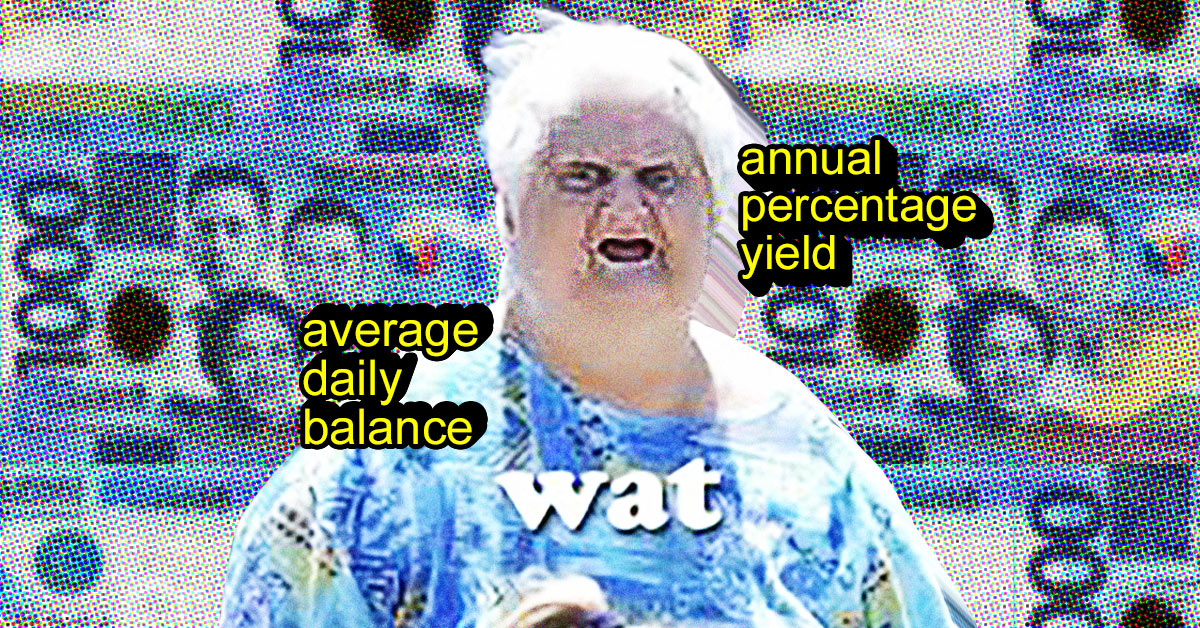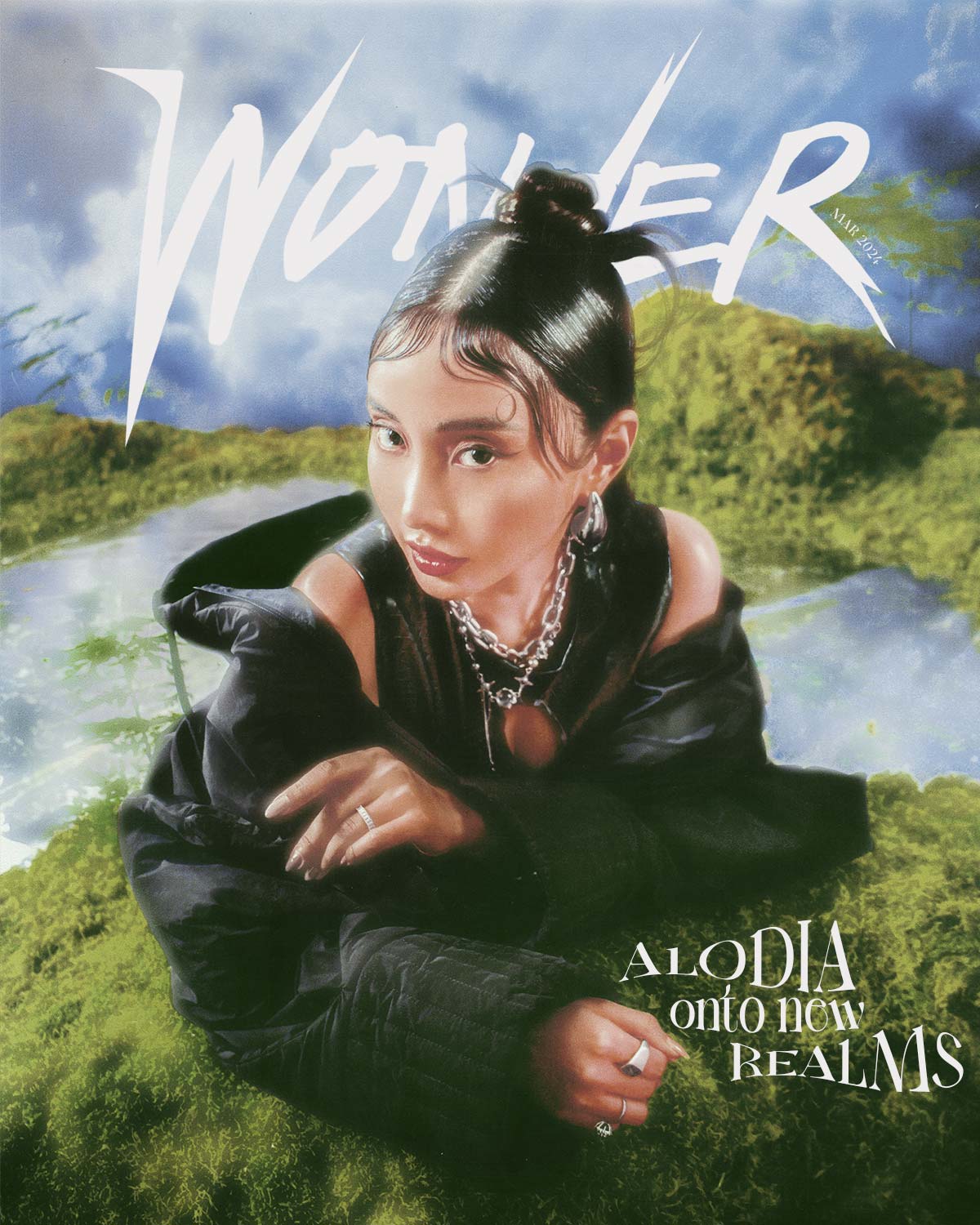Financial education equals financial freedom
Growing up, I was aware that I had a savings account separate from my parents. I knew that if I wanted to buy something, I had to save money for it. But the what, when, how and why were things mom and dad never really talked to me about.
What is the savings account for anyway, am I supposed to touch it? When do I add money to it and how often? And why are the interest rates for savings accounts so low? More importantly, do I really need a credit card?
If I had the answers to these questions and knew then what I know now, I’d know better than to get more than one credit card! But of course, our parents aren’t to blame. We could’ve asked questions or Googled and schools could've added practical finance as part of the curriculum. Then again, regardless of age and financial situation, it’s never too late to learn. Here, we turned to Nicca, an analyst for a multinational financial services group for some practical advice.
Hi Nicca, thanks for agreeing to do this interview with us. First things first, how should a person choose a bank to open an account with?
N:
- Convenience, location of the bank branches and ATMs. Will it be accessible?
- Quality of customer service that they provide. Also do their branches have long queues?
- How good is their online banking?
- Is the bank prone to system issues/fraud/etc.?
Seems practical. What type of account should one open? Some of the most common questions we've heard is that there are so many types of accounts—savings, checking, current, and even savings accounts have different types, help!
N: The easiest to open would be a savings account. It’s usually either a savings account with an ATM or with a passbook, or with both. For me, the savings account with ATM is the most practical simply because you can access your money fairly easily, hahaha.
Meanwhile, checking and current accounts mean the same thing. They are bank accounts wherein you have a checkbook. You write checks and use them to pay utility bills or pay tuition fees, or car loans. You get the idea. Checking accounts though are more “difficult” to open…the bank would generally require you to have a certain amount in the thousands for your ADB (average daily balance) for a certain number of months in your existing savings accounts before you can open a checking account.
Take into consideration what the maintaining balance is as well as your purpose for opening an account. If you can’t maintain having P20,000 in your account, then don’t get an account that requires that much maintaning balance. The bank will deduct a fee from your account if your balance is below that.
Is the account for savings purposes? Then I suggest not to get an ATM account, where the money will easily be withdraw-able. Get a passbook instead.
RELATED:Where’d Your Money Go? Money Advice For Us Women
Okay, banking terms can be a little confusing. What are the most common terms people should know if they've just opened an account or applied for a credit card?
N:
- ADB is average daily balance
- Interest rates! You’ll be shocked and sad to see how low they are for savings accounts. So do compute how much your savings account is earning annually
- Maintaining balance
- Annual fee
- Due dates
- Check all fees and rates applicable. Don’t be lazy. Read the fine print.
Speaking of credit cards, they are convenient but they're also the devil. They make it easy for people to spend money they don't have. Any advice on how people can manage their credit and stay out of debt?
N: Discipline! If you don’t have it, don’t get a card. Self control, too. Credit cards are convenient (who carries around a lot of cash anyway?) and good for emergency purposes. BUT if you do not have the cash in the bank to pay for the item AT THAT EXACT POINT IN TIME, then don’t swipe it if it’s not an emergency. It’s the wrong type of mentality that your salary coming in tomorrow can pay for your purchase tomorrow. My advice, don’t buy it if you can’t afford it. Credit cards give you a false sense of purchasing power. Utang po siya, utang!
Think of it this way, set a goal for yourself. Given your salary, how much savings—realistically—would you want to have annually? Set that aside diligently, meaning every payday (I personally would set aside 20 to 30% for untouchable savings/investment). What’s left will be what you can spend. If you need to card it cause you don’t have enough cash in the bank…Rethink why you are buying it.
| https://giphy.com/gifs/xsfEe7iaj2n7i | “My advice, don’t buy it if you can’t afford it. Credit cards give you a false sense of purchasing power. Utang po siya, utang!” |
Where were you when I was offered several credit cards! Anyway, if a person wanted to grow his or her money beyond a simple savings account, what products do you suggest they try?
N: I’m not an expert but definitely diversify. I started with an insurance plan that was a mix of insurance and mutual funds. If interested in investing, I suggest talking to someone from your bank so they can walk you through what they can offer. Also, some people do online trading (see: Col Financial, BPI, etc.).
But before you try anything, do your research! Ask around. Read. Compare. Then decide. But please follow through. Putting it off can lead to opportunity costs and missed profits.
Ideally though, how many savings accounts should a person have? We were told people should have different types of accounts for savings that you don't touch, savings for emergencies, etc.
N: I think two savings accounts will suffice. One for everyday usage (bills, grocery, shopping—this is also usually the person’s payroll account) and one savings account you DON’T touch. I prefer these were in different banks for the sole reason that online banking makes it so easy for us now to transfer money easily from account to account. Less temptation to get from your savings this way.
RELATED: The Best Money Saving Tips We’ve Received
Great! Lastly, what's the most common misconception about banks you'd like to address, challenge or change?
N: Banks aren’t all about savings and checking accounts. There are different types of banks—commercial, custody, investment, etc. People should know that investing in different products (though riskier) has a higher chance of yielding profit rather than just putting it all in your savings account.
For those who want to know a little bit more about banking terms, here’s an additional list for you:
Annual percentage rate (APR)
Interest rate and fees or additional costs you’re charged per year for a loan or credit card. As a customer, a lower rate is always better. And as Nicca said, always read the fine print!
Annual Percentage Yield (APY)
The amount of interest you gain from keeping money in an account in a year, including compound interest.
ATM fees
Fees you’re charged for using an out-of-network ATM or exceeding a certain number of ATM transactions for your account, if limited. The charges go up to P20, so best to withdraw from your servicing bank.
Credit limit
The maximum amount you’re allowed to charge on a credit card. Having a habit of paying bills consistently and on time may raise your credit limit—don’t say yes unless necessary.
Debit
A decrease in a savings or checking account, such as a withdrawal or a check written against the account.
EMV Chip
Developed as an update to simple magnetic stripe cards. By encrypting data, this feature helps prevent data from being intercepted. EMV stands for “Europay, MasterCard and Visa,” as it was a joint effort that created the standard to ensure the security and global acceptance.
Service charge
A charge for a service—on top of interest—or a penalty for not meeting certain requirements, such as insufficient funds in a checking account.
All this sounds pretty boring, but trust me, knowing at least the basics in banking and money or finance will keep you out of debt and can help you reach your financial goals.
Art Alexandra Lara




















